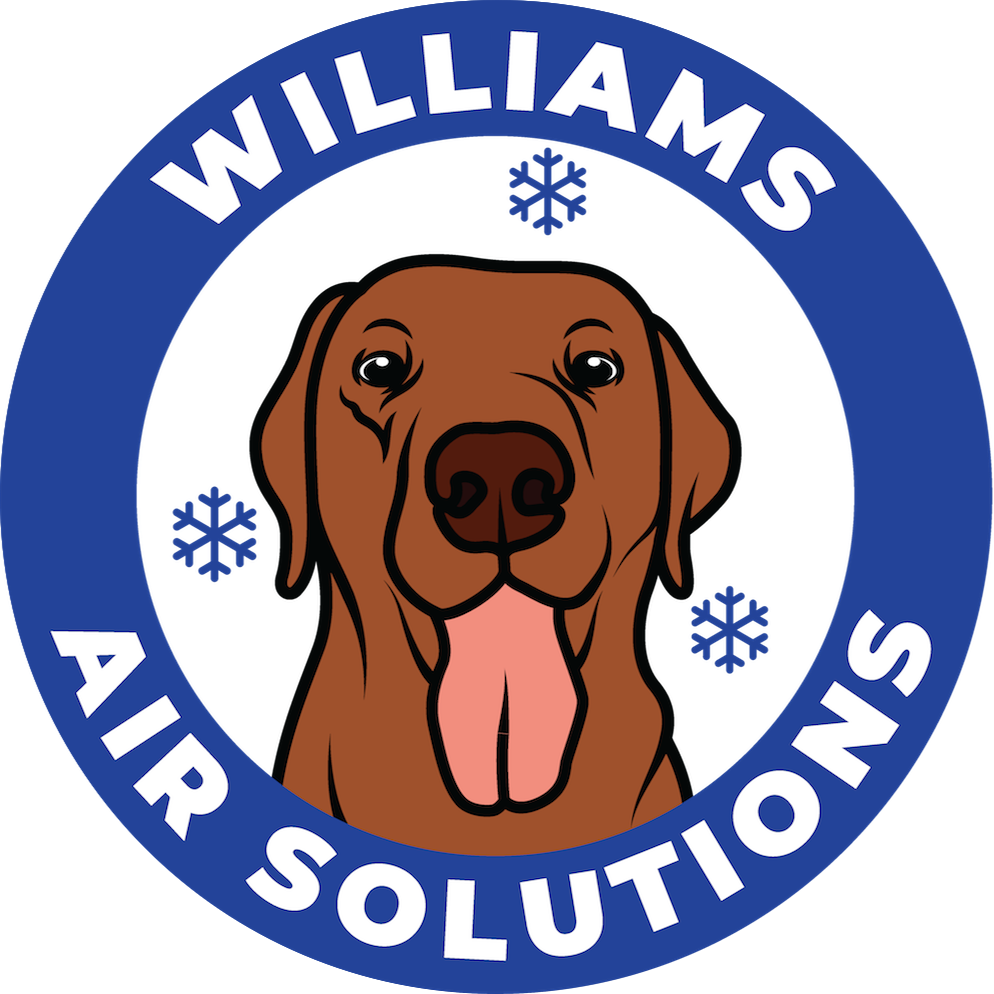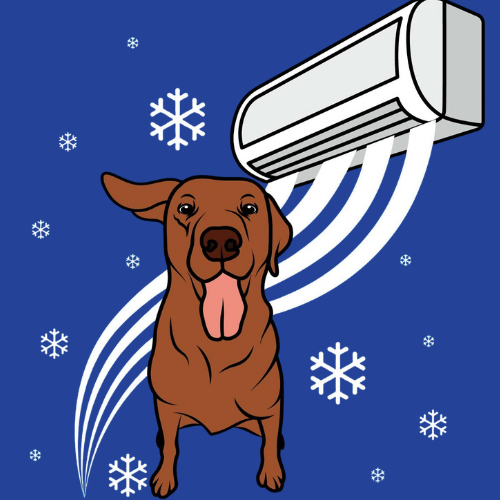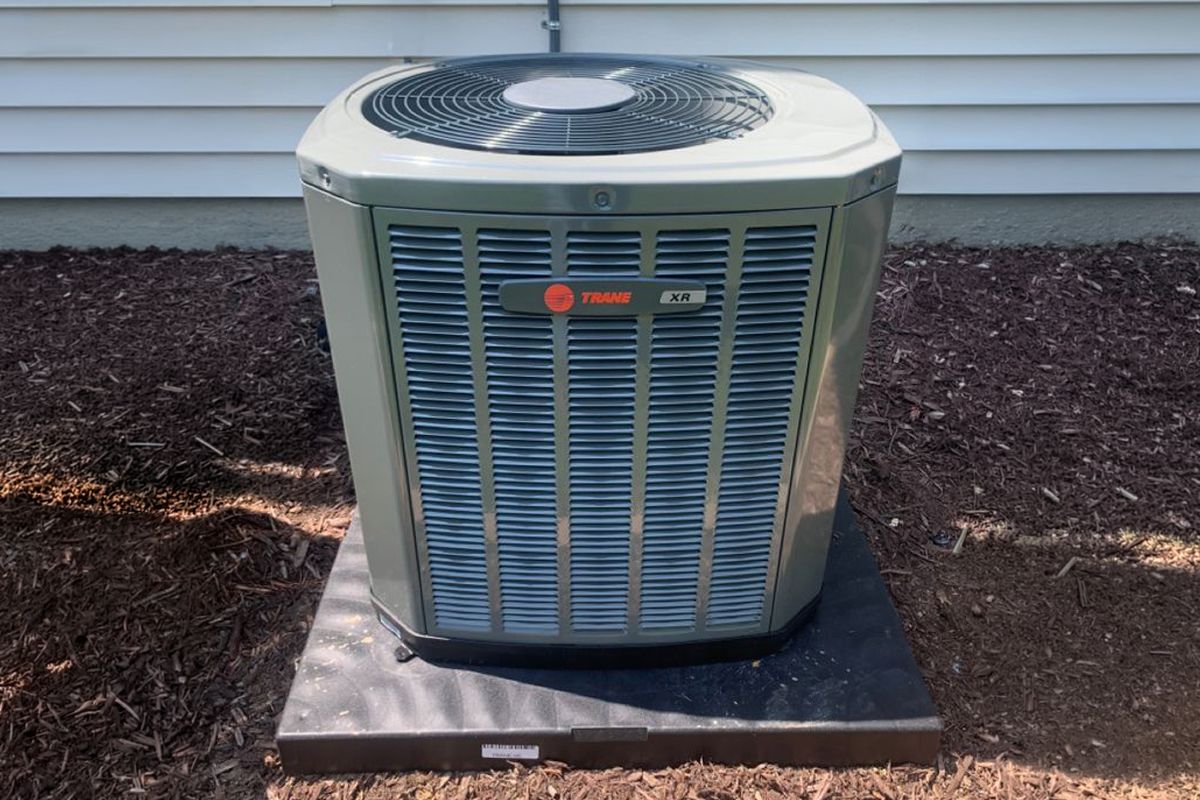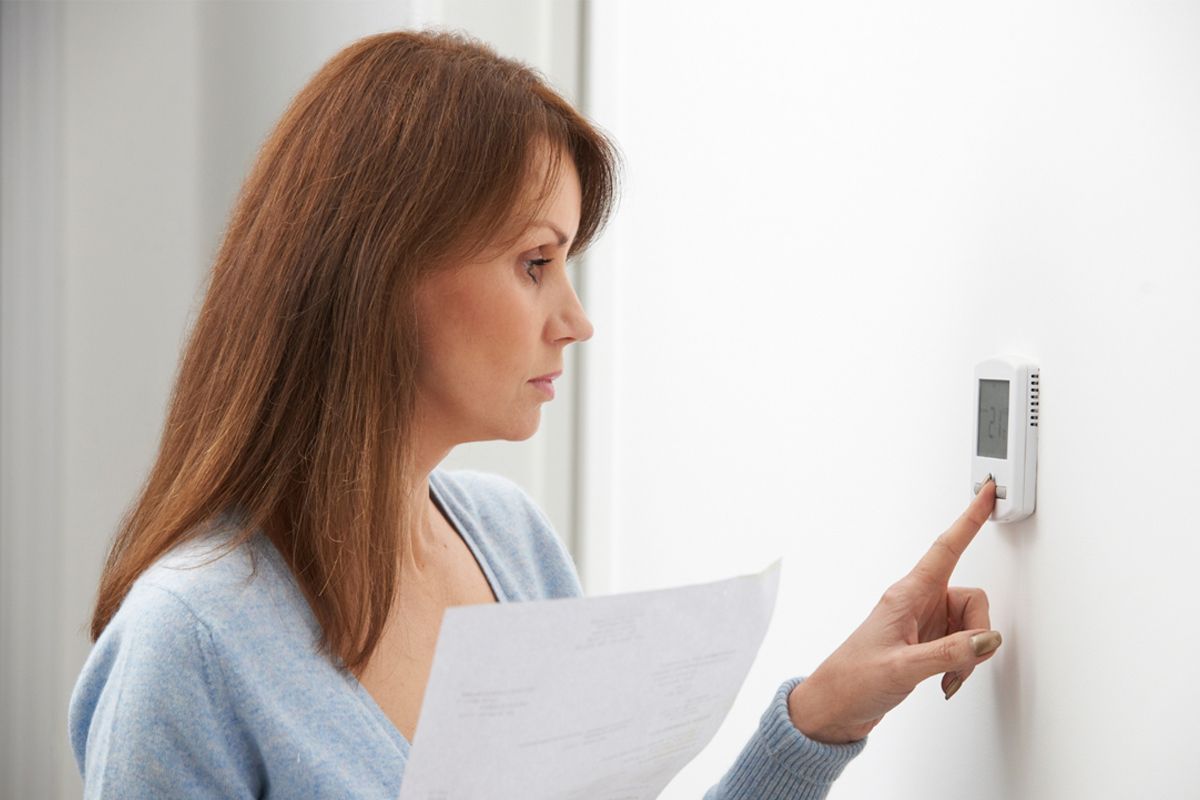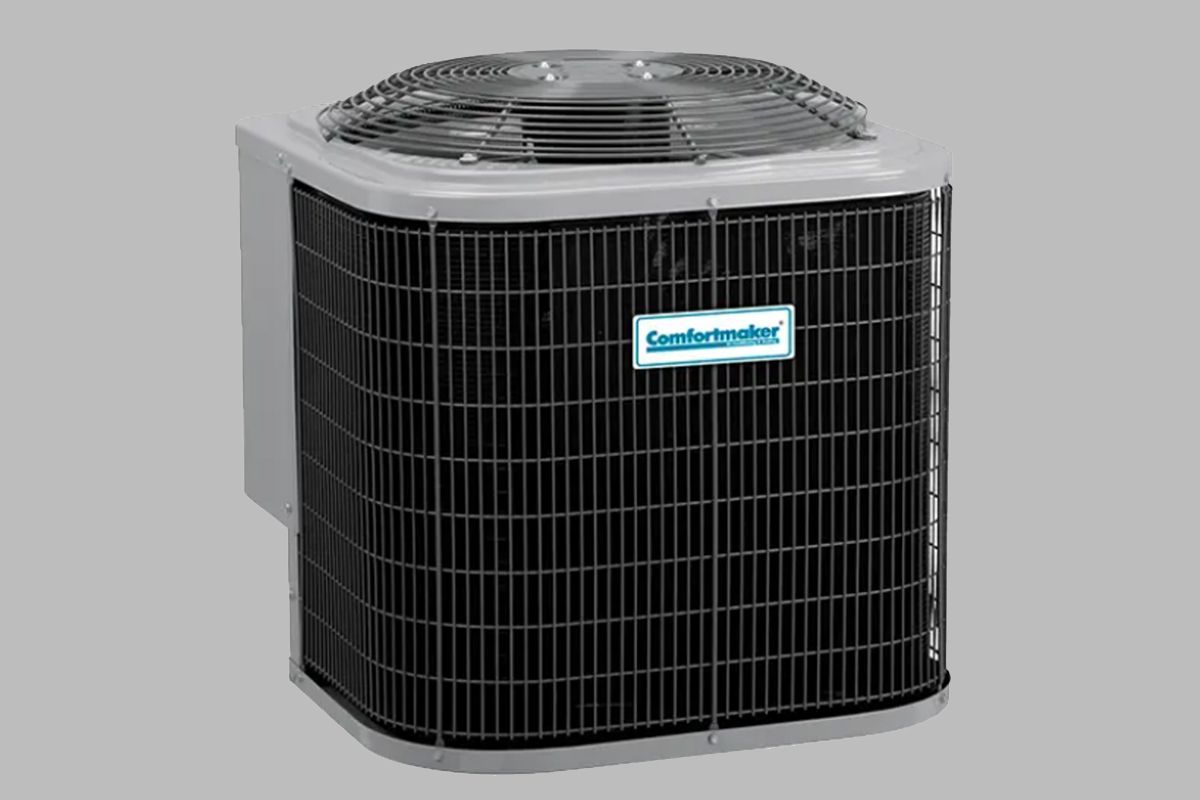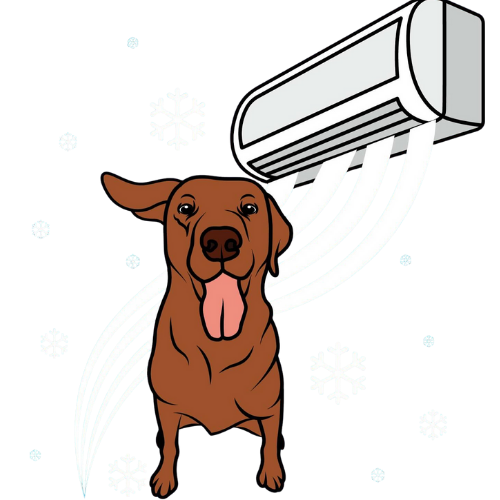HVAC Considerations Every Florida Builder Should Plan for in New Homes
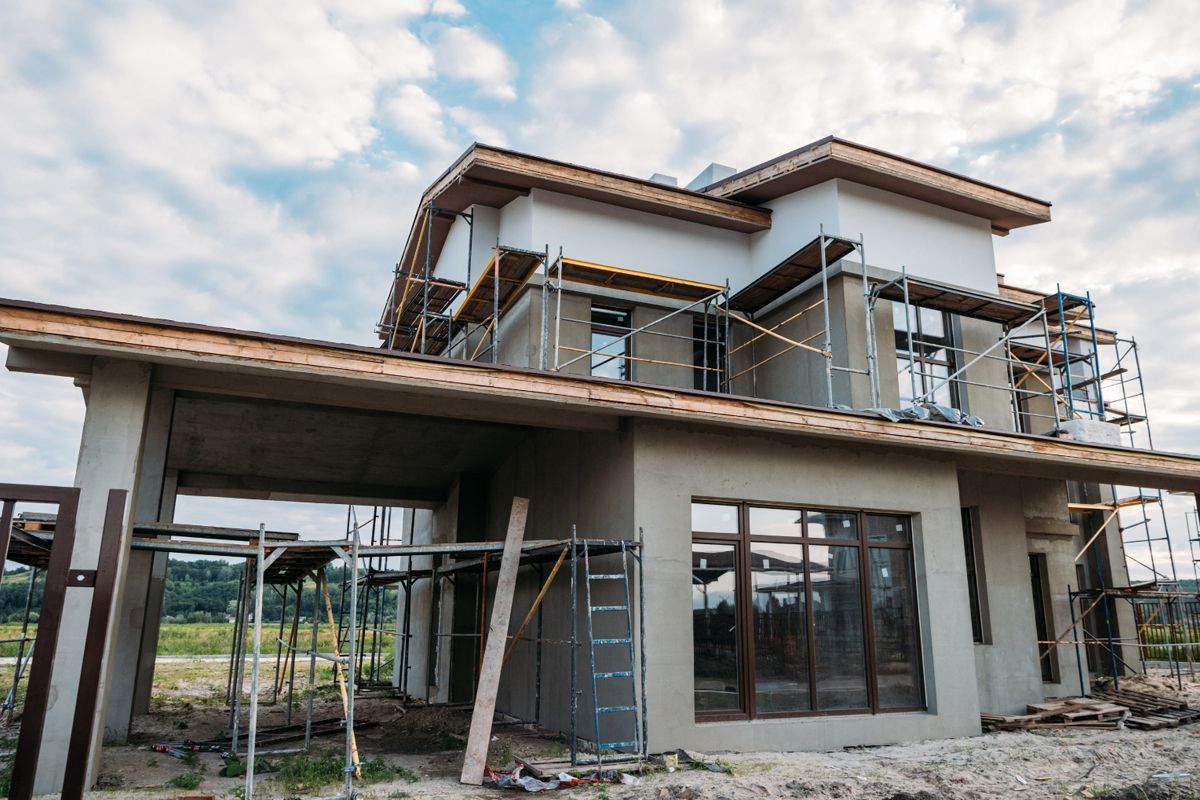
In Florida, air conditioning isn’t a luxury, it’s a necessity. For builders planning new residential construction, HVAC systems are one of the most important components to get right. The wrong design or installation can lead to high energy costs, uncomfortable living spaces, and costly callbacks after a home is sold.
At Williams Air Solutions, we work closely with builders throughout Pinellas County to ensure HVAC systems are designed and installed correctly from the start. Here are the key HVAC considerations every Florida builder should plan for in new homes.
Proper System Sizing and Load Calculations
Oversized or undersized HVAC systems are one of the most common mistakes in new construction. An oversized system short-cycles, failing to remove humidity and wearing out components faster. An undersized system struggles to cool the home, driving up energy bills.
Best Practice: Every new home should undergo a Manual J load calculation to determine the right system size based on square footage, insulation, window placement, and local climate conditions.
Ductwork Design and Placement
Ductwork is often overlooked during construction, but it has a major impact on system efficiency and comfort. Poorly designed or leaky ducts waste cooled air, cause uneven temperatures, and reduce overall system performance.
Best Practice:
- Use Manual D design to size and balance ductwork.
- Place ducts within conditioned space when possible to reduce energy loss.
- Ensure duct materials are sealed and insulated to prevent leaks and condensation.
Energy Efficiency Standards
Florida’s building codes emphasize energy efficiency, and buyers increasingly expect low utility costs. High-SEER (Seasonal Energy Efficiency Ratio) units, variable-speed air handlers, and smart thermostats are becoming standard in new construction.
Best Practice: Install equipment that meets or exceeds the latest Florida Building Code energy efficiency requirements. Offering high-efficiency upgrades also adds value for buyers in competitive markets.
Indoor Air Quality (IAQ) Options
Homebuyers today are more aware of IAQ and its impact on health. Builders who plan for IAQ solutions can stand out in the market.
Best Practice:
- Design systems that support higher-efficiency filters (MERV 13 or above).
- Offer optional add-ons like UV lights, whole-home air purifiers, or humidistats.
- Ensure fresh air ventilation meets ASHRAE standards.
Future-Proofing with Smart Technology
More homeowners expect smart technology in new builds, including HVAC. Smart thermostats and connected systems provide energy insights, convenience, and integration with other home automation systems.
Best Practice: Builders should include wiring and connectivity options for smart HVAC controls in every home.
Real-World Example in Pinellas County
A builder in Belleair, FL partnered with our team to design HVAC systems for a new luxury subdivision. By using high-efficiency heat pumps, zoning systems, and properly sealed ductwork, the homes achieved lower HERS scores and attracted buyers seeking energy-efficient, high-comfort living.
For Florida builders, HVAC planning is more than just meeting code, it’s about delivering homes that are comfortable, efficient, and ready for long-term performance. Proper system sizing, ductwork design, humidity control, and smart technology integration all play critical roles in building value for homeowners.
At Williams Air Solutions, we partner with builders to design and install HVAC systems that exceed expectations and stand up to Florida’s unique climate.
Call Williams Air Solutions at (727) 353-0090 to learn more about our builder partnerships and HVAC solutions for new construction.
